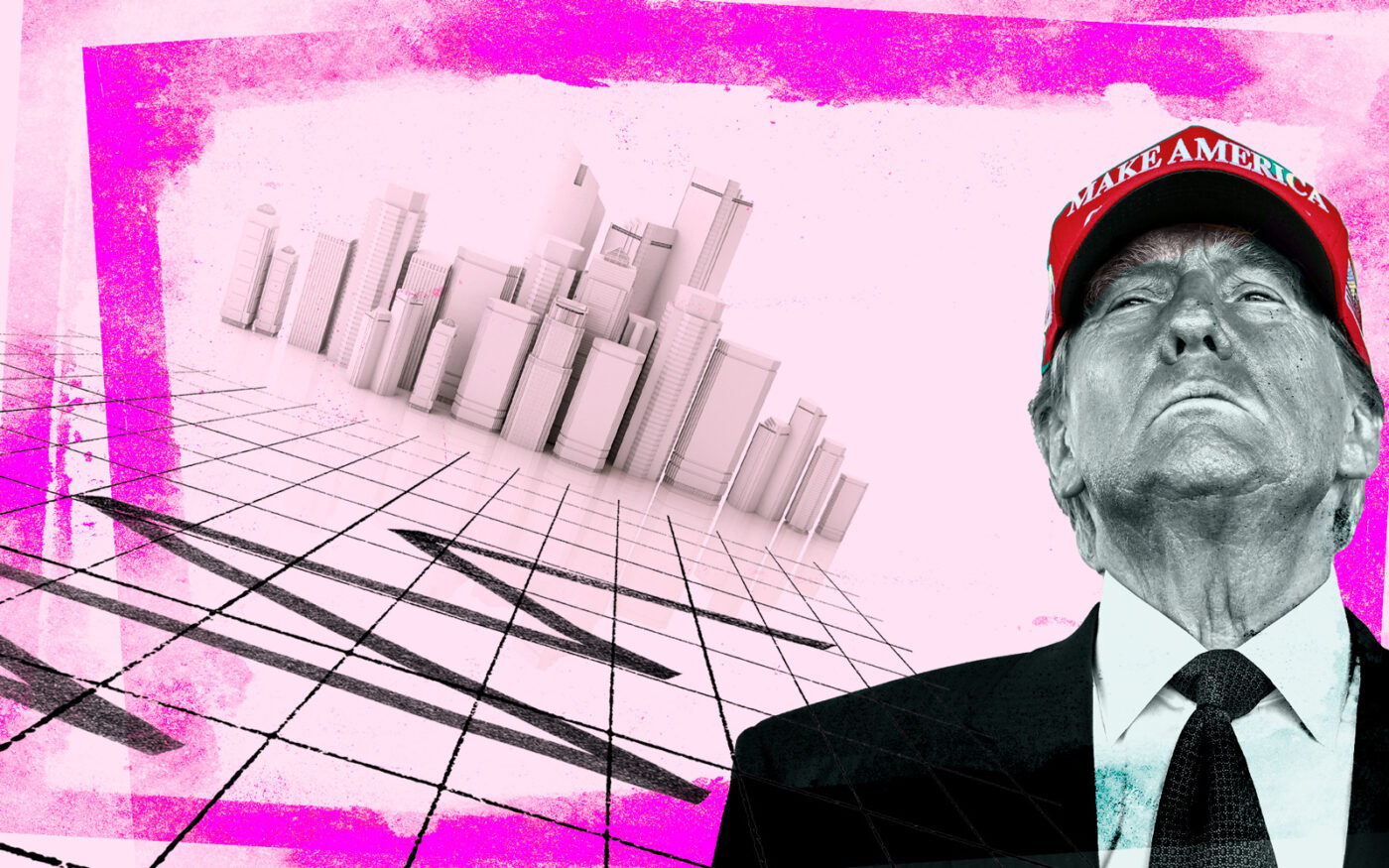Concerns about tariffs, immigration crackdown roil sector

Nov 25, 2024, 11:35 AM
By
- Staff
Developers and landlords were jubilant when Donald Trump won his return to the White House. But property stocks didn’t react the same way.
Stocks in the sector fell 2.6 percent the day after the election, Bloomberg reported. Property stocks were the worst performing sector in the S&P 500 that day. Notable falls included a 3.8 percent drop for D.R. Horton shares and a 4 percent decline for CBRE Group.
Even though the stock market as a whole initially surged after Trump’s victory, the malaise in real estate stocks has lingered, as an index of homebuilders’ shares remains down 3 percent since Election Day. The S&P 500 index tracking real estate stocks closed above the Election Day price on Friday for only the second time since November 5.
Real estate investors are concerned about the potential effects of Trump’s promised tariffs on home sales and the office market, and about a crackdown on illegal immigration impacting the construction industry’s already-struggling workforce.
“If he manages to get through the policies that he’s proposing, that will be really bad news,” American Enterprise Institute economist Desmond Lachman said.
Sign Up for the National Weekly Newsletter
But the industry itself doesn’t necessarily feel the same level of concern as its investors. Homebuilder sentiment is on the rise as the sales outlook soars along with hopes of deregulation.
Developers are also hoping the Trump administration will institute tax cuts that will benefit the industry.
Even though Trump is two months from taking office, his election is already putting pressure on real estate’s most critical financial metrics. Economists, for instance, are raising near-term forecasts on mortgage rates as Trump’s tariff proposals may increase inflation as costs are passed on to consumers.
Proposed tax cuts could also lower fiscal revenue and raise the national debt, according to economists, which would lead to higher long-term interest rates.
—Holden Walter-Warner
